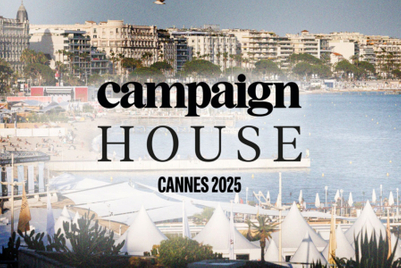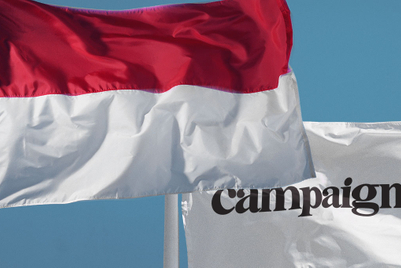
I started out in a full-service creative agency in the 1980s as a TV buyer. Straight from university, with no particular interest in advertising (I was just filling time until I started a law conversion course), I didn’t know about the esteemed industry organ Campaign until I met a fellow grad starter, who proudly boasted that he had already been mentioned, before he had even started in his first job, as a Face to Watch.
For my first couple of years, I only saw glimpses of Campaign when I could beg, borrow, or steal an issue.
Media Week (subsequently incorporated into Campaign) was the go-to weekly print magazine for media folk. But I know the first time my name appeared in Campaign – it helped me get my job at The Media Business (the small media-buying independent start-up that became MediaComTMB, MediaCom and now EssenceMediacom and EssenceMediacomX). Thank you Campaign.
That first time I was on a list of top 10 press buyers and my name was (inevitably) misspelt, so I appeared as Sue Uberman. Thrilled, and yet peeved, I did get an approach from TMB to join and help set up a strategy team.
Subsequently, I managed to get my own subscription to Campaign magazine. Favourite features were always Private View (some of which were laugh-out-loud funny, especially those by Gerry Moira and Dave Trott), Jeremy Bullmore (very wise and very funny), the editorial points of view and the columnists.
To an extent, the arrival of the magazine would dictate the rhythm of the week. My Thursday had to incorporate reading time for the magazine, a weekly at that point, and then I would pass on my copy to anyone who needed it. It was a necessary addition to reading Media Week to give a bigger picture view of our industry.
Also, everyone had a copy of Media Week. Campaign could give you a competitive edge and a different perspective. Copies of Campaign were a rarity around the agency, to be read thoroughly and then shared generously.
As Campaign’s editorial viewpoint changed to incorporate the acquisition of Media Week and then Marketing, with an ambition to champion good thinking and good thinkers across the business as a whole, so too did the business itself change and progress.
I started in the media department of an agency where the predominant business was making TV ads, and the job of the media team was to buy airtime to ensure people saw them.
Usually, in the 1980s, the job was to reach as many people as possible, without much emphasis on targeting or context. The first sets of skills that I learned included being completely accurate with data, and that buying space in “shoulder peak” was desirable to my boss because it counted as peak airtime but was cheaper.
After my first few weeks, I made my first challenge to the then status quo by pointing out that buying airtime at 17:30 on a weekday meant that someone in London with a normal commute would never see the ad. My boss responded by showing me the value-saved chart for the client and saying that was all they cared about.
That brand no longer exists in the UK. So, there were two lessons learned. In the short term, I learned that challenging your boss can make you unpopular. In the long term, I understood that every decision can have a significant impact.
In my first agency, there wasn’t much collaboration between media and creative and, despite nostalgia for a so-called golden age of full service, my experience was more like that depicted in Mad Men, where the media team were bottom feeders compared with everyone else.
And now media agencies make creative work. In an era when the medium does and should dictate creative execution, when creativity is democratised across huge numbers of creators, and when the true strategic breakthroughs exist in the junction of insights from media, data, tech and creative understanding, this is less the return of the full-service agency and more the birth of a true communications business.
For brands to be relevant in the new communications economy, where people spend more time than ever with media, but less time as a proportion of that with ad-funded media, every brand needs to consider strategies across culture, gaming, social, influencers, word of mouth, content, ecommerce and, also, advertising to break through in terms of business success.
Farewell Campaign print edition, long live Campaign as a champion of this.
Sue Unerman is chief transformation officer at EssenceMediacomX and global head of relevance at EM Creative Futures


.jpg&h=334&w=500&q=100&v=20250320&c=1)
.jpg&h=334&w=500&q=100&v=20250320&c=1)

.png&h=334&w=500&q=100&v=20250320&c=1)

.png&h=334&w=500&q=100&v=20250320&c=1)

.jpg&h=334&w=500&q=100&v=20250320&c=1)


.jpg&h=268&w=401&q=100&v=20250320&c=1)





.png&h=268&w=401&q=100&v=20250320&c=1)
